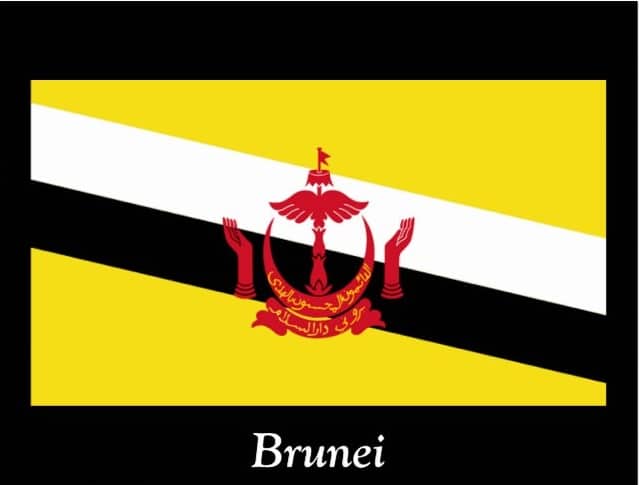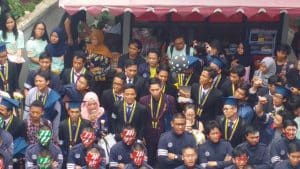Headlines
Brunei Population, Official Language And More.

The Bruneian Empire was formed in the fifteenth century and was a thalassocracy that covered the northern part of Borneo and the southern Philippines. Local scholars assume that Islamization of Brunei started in the fifteenth century with the formation of this empire. At its peak, it was one of the most powerful empires in Southeast Asia. However, at the end of the seventeenth century, Brunei entered a period of decline brought on by civil war, piracy, and European colonial expansion. Later, there was a brief war with Spain in which Brunei lost Manila and evacuated their capital for a brief period until the Spanish withdrew. The empire lost much of its territory with the arrival of Western powers such as Spain in the Philippines and Britain in Labuan, Sarawak, and North Borneo. The decline of the Bruneian Empire accelerated in the nineteenth century when Brunei gave much of its territory to White Rajahs of Sarawak resulting in its current small landmass and separation into two parts.
In 1888, Sultan Hashim Jalilul Alam Aqamaddin appealed to Britain to stop further annexation. In that same year, Britain signed a “Treaty of Protection” and made Brunei a British protectorate until 1984 when it gained independence and prospered due to oil discovery.

Brunei
THE POPULATION
Brunei has a population of approximately 459,500 people. The majority of the population are Malays, with other indigenous groups such as the Dusun and Murut also present. There are also around 40,000 Chinese people living in Brunei.
THE LANDMARKS
Brunei has several landmarks that are worth visiting. One of the most famous landmarks is the Omar Ali Saifuddien Mosque, which is located in the capital city of Bandar Seri Begawan. The mosque is named after Omar Ali Saifuddien III, the 28th Sultan of Brunei, and is considered one of the most beautiful mosques in the Asia Pacific region. Another landmark is the Kampong Ayer, which is a water village located in the Brunei River. It is often referred to as the “Venice of the East” and is home to around 30,000 people.
THE OFFICIAL LANGUAGE
The official language of Brunei is Malay. However, English is also widely spoken and used in business and education.
THE CULTURE
The culture of Brunei is heavily influenced by Malay culture and Islam. The national philosophy of Brunei is Melayu Islam Beraja (MIB), which incorporates the three core elements central to the identity of Bruneians: Malay culture and language, respect for Islam, and loyalty towards the monarchy. The traditional dress for men is called Baju Melayu, while women wear Baju Kurung. Both outfits are made from silk or cotton and are often brightly colored.
THE ECONOMIC STABILITY
Brunei has a small but wealthy economy that is heavily dependent on oil and gas exports. Oil was discovered off the coast of Belait District in 1929, and since then, oil and gas exports have been the main sources of wealth for Brunei. The country has one of the highest standards of living in Southeast Asia due to its wealth from oil and gas reserves.
THE GDP
As of 2022, Brunei’s Gross Domestic Product (GDP) was worth 16.68 billion US dollars. The country’s economy is heavily dependent on oil and gas exports, which account for a significant portion of its GDP.
THE CURRENCY
The official currency of Brunei is the Brunei dollar (BND). The Brunei dollar is pegged to the Singapore dollar at a 1:1 exchange rate.
THE FOOD
Brunei’s cuisine is influenced by Malay, Chinese, and Indian cuisine. Some popular dishes include ambuyat, which is a starchy dish made from sago palm flour, and nasi katok, which is a dish consisting of rice, fried chicken, and sambal.
MAJOR CITIES
The biggest city in Brunei is Bandar Seri Begawan, which is also the capital city of Brunei. Other major cities include Kuala Belait and Seria.
MAJOR AIRPORTS, SEAPORTS AND SCHOOLS
The primary airport in Brunei is the Brunei International Airport, which is located in Bandar Seri Begawan. The country has several seaports, including the Muara Port and Kuala Belait Port. Some major schools in Brunei include Jerudong International School, International School Brunei, and Laksamana College of Business.





